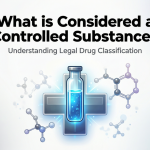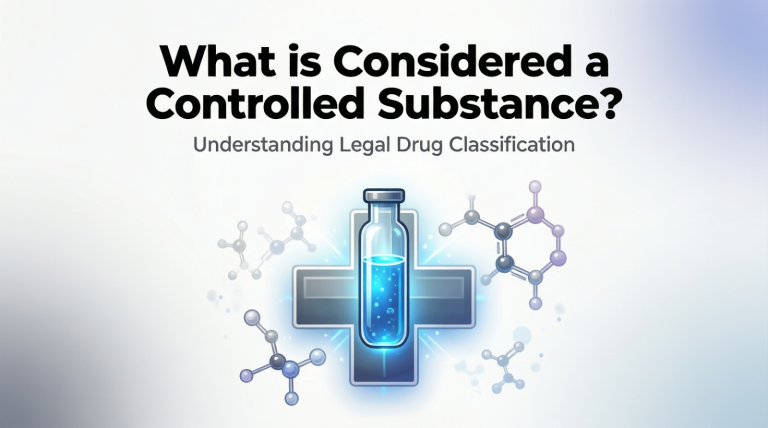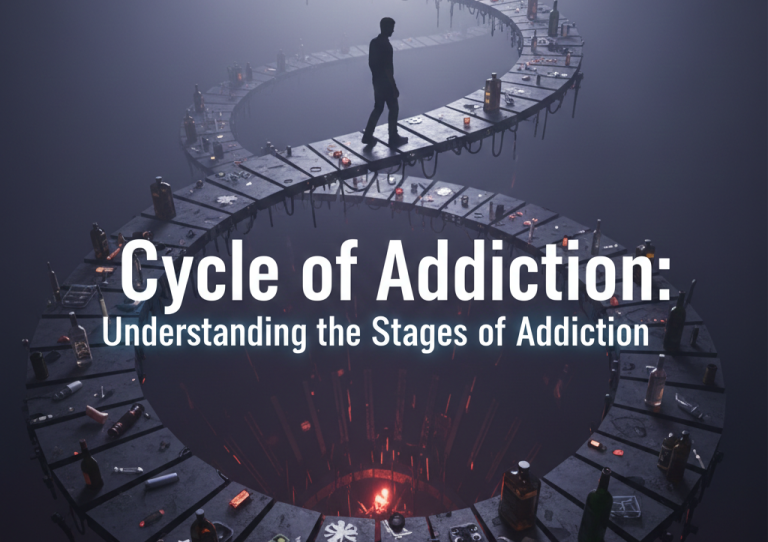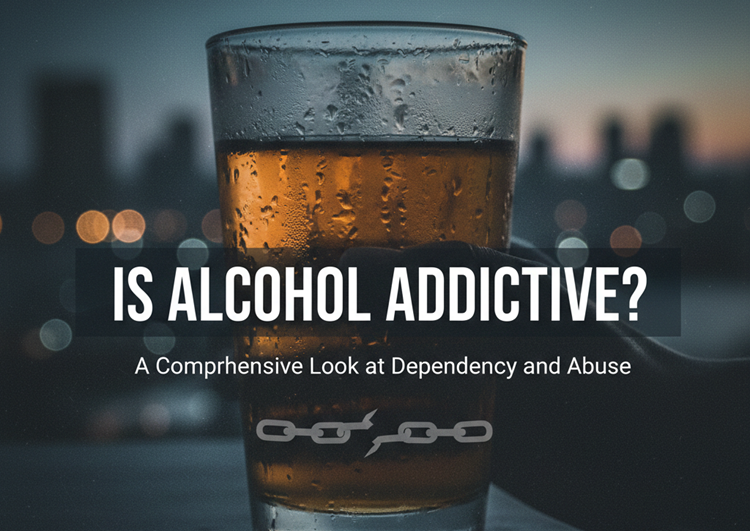For people dependent on alcohol, alcohol withdrawal can be difficult and, potentially, fatal. It’s important to understand the symptoms and risks of alcohol withdrawal so you can remain safe through recovery. Alcohol withdrawal symptoms and the importance of medical supervision are discussed in detail in this blog, along with how to seek professional help. Understanding the symptoms is the first step in recovery for you or someone you love who’s struggling with addiction.
What is Alcohol Withdrawal?
Alcohol withdrawal symptoms develop when someone who has been drinking a lot of alcohol for a long time stops or cuts down on how much they drink. The symptoms that the body will produce when it gets used to the presence of alcohol and its absence will involve a few things. Symptoms may be slight or severe and even dangerous.
When you suddenly stop consumption of alcohol, the central nervous system that alcohol suppresses becomes overactive. Knowing the process helps us recognize the signs and get help early.
Symptoms of Alcohol Withdrawal
The symptoms of alcohol withdrawal may vary widely depending on a person’s history of alcohol use, their overall health, and other factors. They are typically categorized as mild, moderate, or severe.

Mild Symptoms
- Anxiety: In the early stages of withdrawal, it is common to feel uneasy or worried.
- Insomnia: Early withdrawal is usually associated with difficulty falling asleep.
- Headaches: They leave customers complaining about headaches.
- Nausea and vomiting: Gastrointestinal distress is a very common symptom.
Moderate Symptoms
- Increased Heart Rate: The body adjusts, and you can experience palpitations and rapid heartbeat.
- Sweating: A hallmark symptom is excessive sweating, which often increases at night.
- Tremors: This stage is also characterized by shaking hands or body tremors.
- Irritability: You may develop mood swings and become more irritable.
Severe Symptoms
- Seizures: Alcohol withdrawal can sometimes provoke seizures and requires immediate medical attention.
- Hallucinations: Symptoms of severe withdrawal can be seeing, hearing, or feeling things that aren’t there.
- Delirium Tremens (DTs): Severe confusion, agitation, fever, and hallucinations are symptoms of a life-threatening condition.
Complications are not preventable without immediate intervention, and severe symptoms are a medical emergency.
Risk Factors and Complications
Several factors can increase the severity of alcohol withdrawal symptoms, including:
- Long-Term Alcohol Use: The greater your risk, the longer you’ve been heavy drinking.
- High Alcohol Consumption: Regularly consuming large amounts of alcohol greatly increases the chances of severe withdrawal.
- Co-Occurring Conditions: Symptoms may be worse if you have underlying medical or mental health conditions.
- Previous Withdrawal Episodes: As with many other aspects of alcohol withdrawal, those who have gone through the cycle before are more likely to experience severe symptoms.
Complications of untreated withdrawal can include dehydration, electrolyte imbalance, and injury due to seizures or falls, for example. These symptoms must be treated early.
Seeking Help for Alcohol Withdrawal
If you are struggling with alcohol addiction, you don’t have to go through it alone. Professional treatment programs can provide medical support and supervision to manage symptoms safely and effectively.
We know alcohol withdrawal can be a tough thing to get through. At Orlando Treatment Solutions, our addiction treatment programs are meant to guide you from detox through to long-term sobriety. Using evidence-based therapies and a wonderful team of experienced professionals by our side, we offer the care and support you deserve. Don’t wait; contact us today to begin your journey to a healthier, happier, alcohol-free life.
How to Safely Manage Alcohol Withdrawal
Alcohol withdrawal should be managed safely while under professional medical supervision. Here are some key strategies:
- Medical Detoxification: Withdrawal in a detox program is safe and medicated. Medications may be given to help symptoms and prevent complications.
- Hydration and Nutrition: Taking time to stay hydrated and eat a decent diet can aid the body to replenish itself. Often, professional treatment programs include nutritional support.
- Therapy and Counseling: All long-term recovery deals with the psychological aspects of alcohol dependence. Cognitive behavioral therapy (CBT) and similar behavioral therapies are very effective.
- Support Systems: You also need to build a network of support—family, friends, peer groups—to provide you with encouragement and accountability.
- Avoiding Triggers: Maintaining sobriety involves recognizing and sidestepping situations or individuals that facilitate alcohol consumption.

While alcohol withdrawal can be challenging, you have to go through it to achieve recovery and a healthier future. If you recognize the symptoms and make sure you have medical supervision, you can make it safer and more manageable. Our goal at Orlando Treatment Solutions is to support people in overcoming alcohol addiction. Start your journey to a better life. Contact us at (321) 415-3213 today to know how we can help you.



























